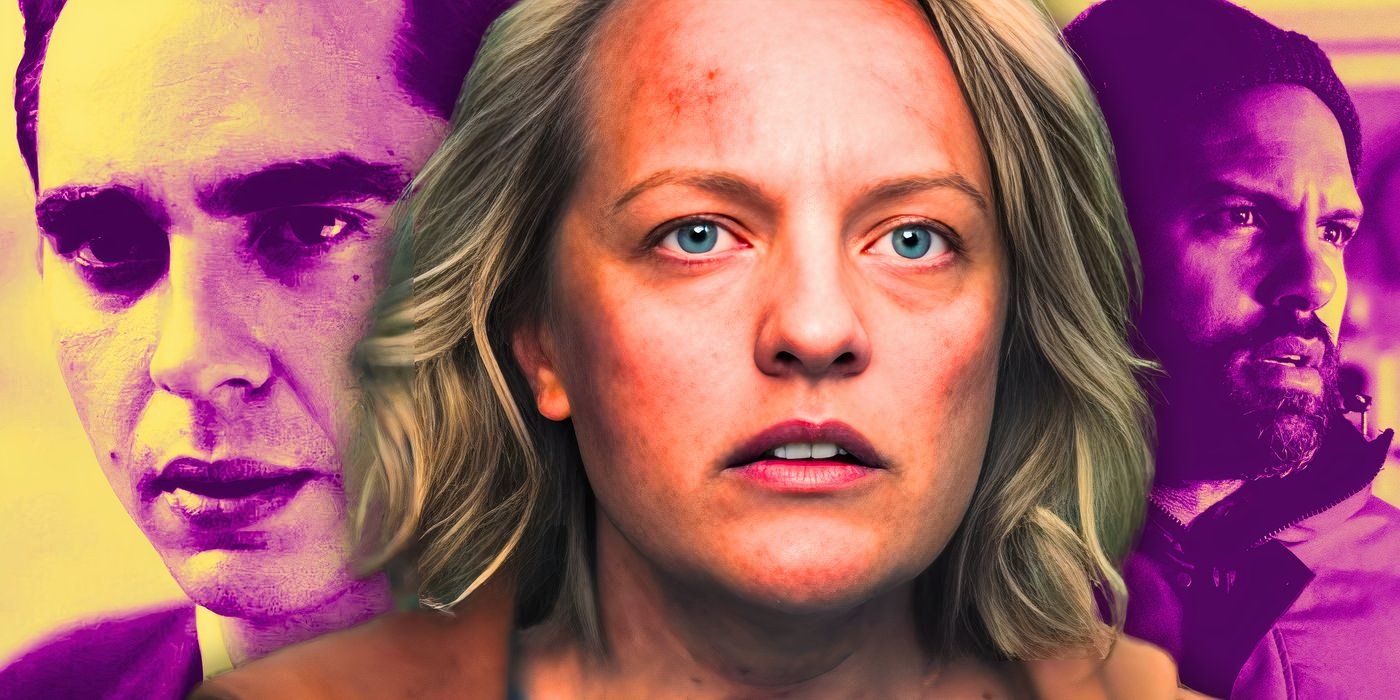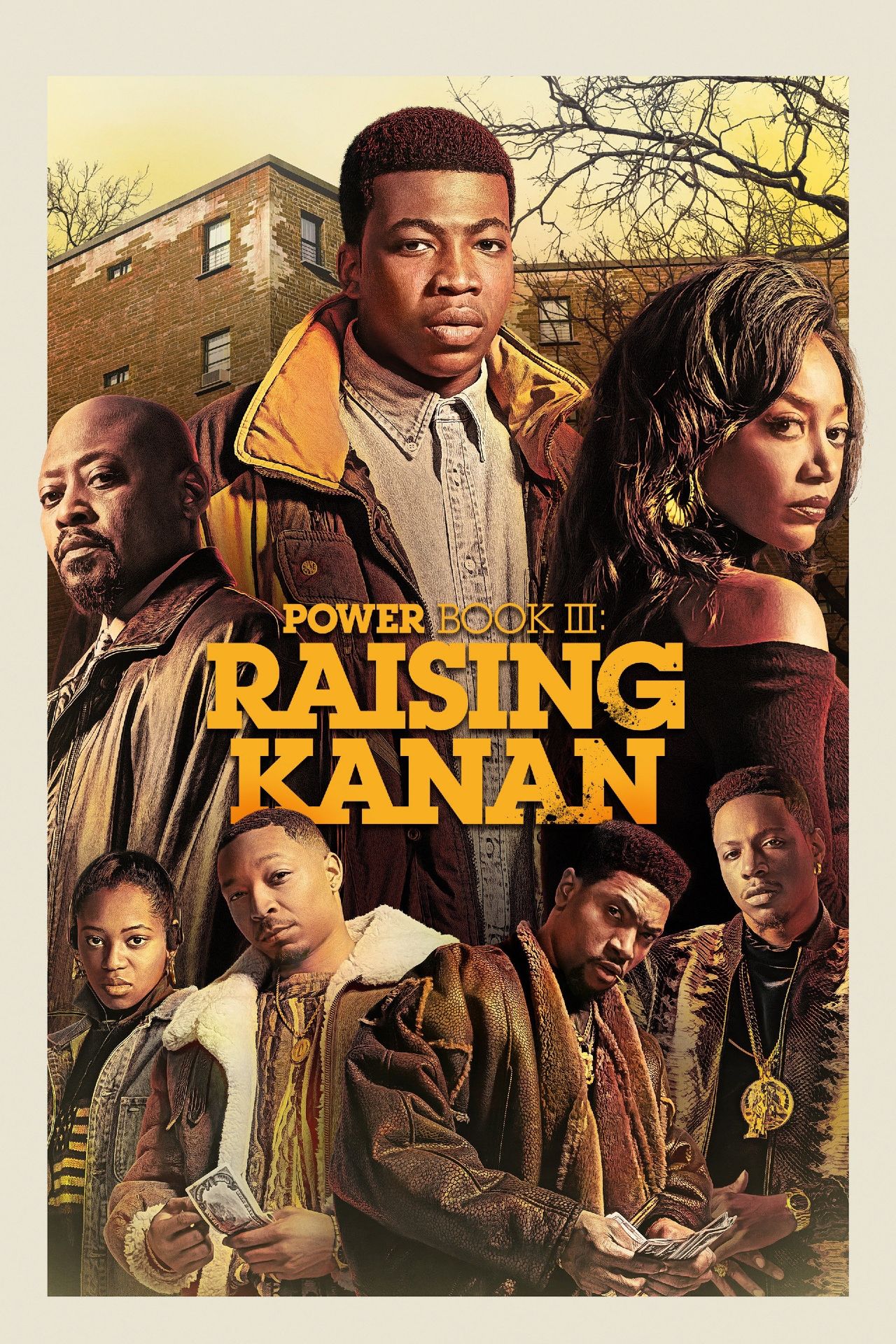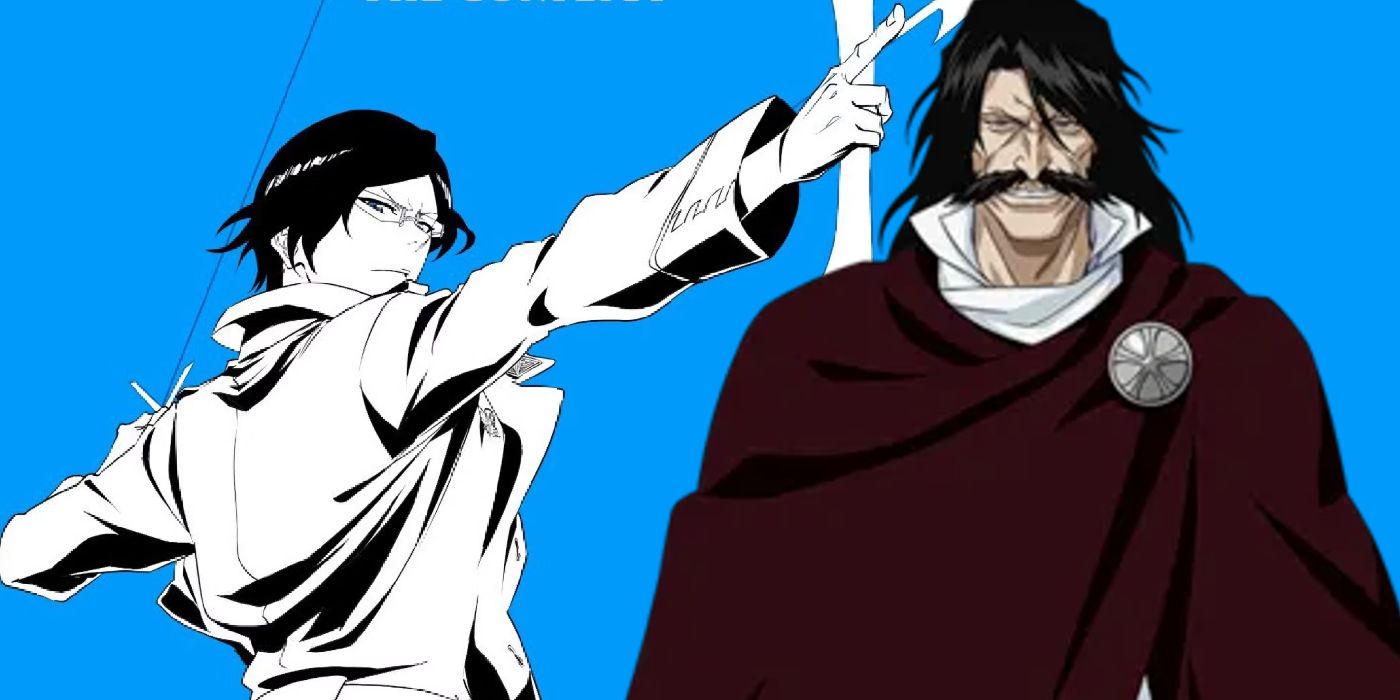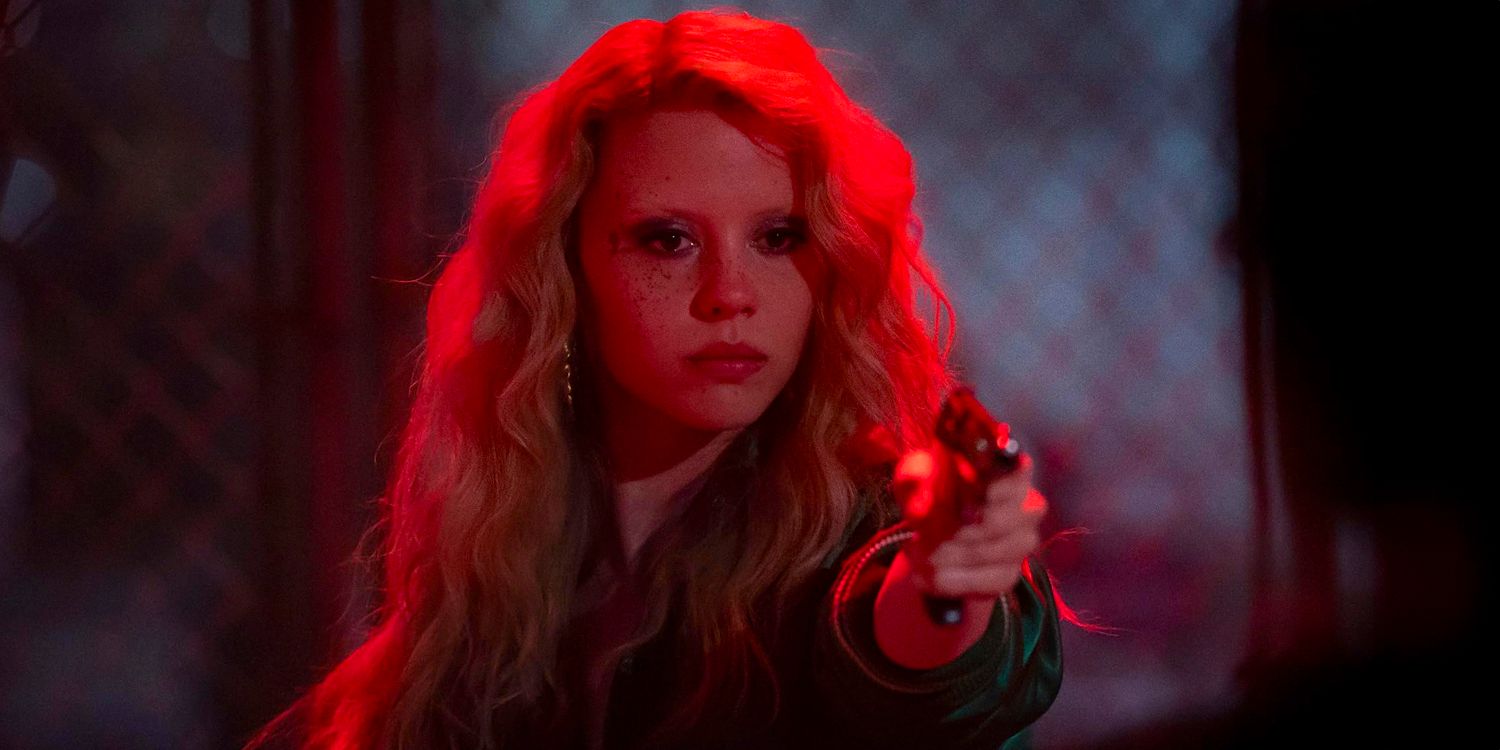American Psycho includes a hidden detail that makes its scene concerning Patrick Bateman (Christian Bale) and Marcus Halberstram (Anthony Lemke) even better. Director Mary Harron’s adaptation of the controversial Bret Easton Ellis novel was generally well-received upon its release in 2000 but has since gained a considerably stronger cult following. The film toned down the book’s extreme violence, but its satirical elements were faithfully translated to the screen.
The film is narrated by Wall Street investment banker Patrick Bateman, whose flashy lifestyle conceals his horrific bloodlust. As his killing spree spins increasingly out of control, Patrick desperately looks for a way out of his double life, only to find no escape from his own lavish version of hell. The film expertly captures the pointlessness of yuppie culture and features an ambiguous ending to American Psycho that left viewers questioning Bateman’s murders.
In depicting the shallowness of Patrick’s world, the serial killer is often confused with his co-workers. As posted on Reddit page r/MovieDetails, one such occasion is during a Christmas party, where the more successful Paul Allen (Jared Leto) mistakes him for Marcus. The scene contains a tiny, fleeting detail that reinforces American Psycho’s exploration of a meaningless, amoral corporate existence and how little the characters take notice of each other’s lives.
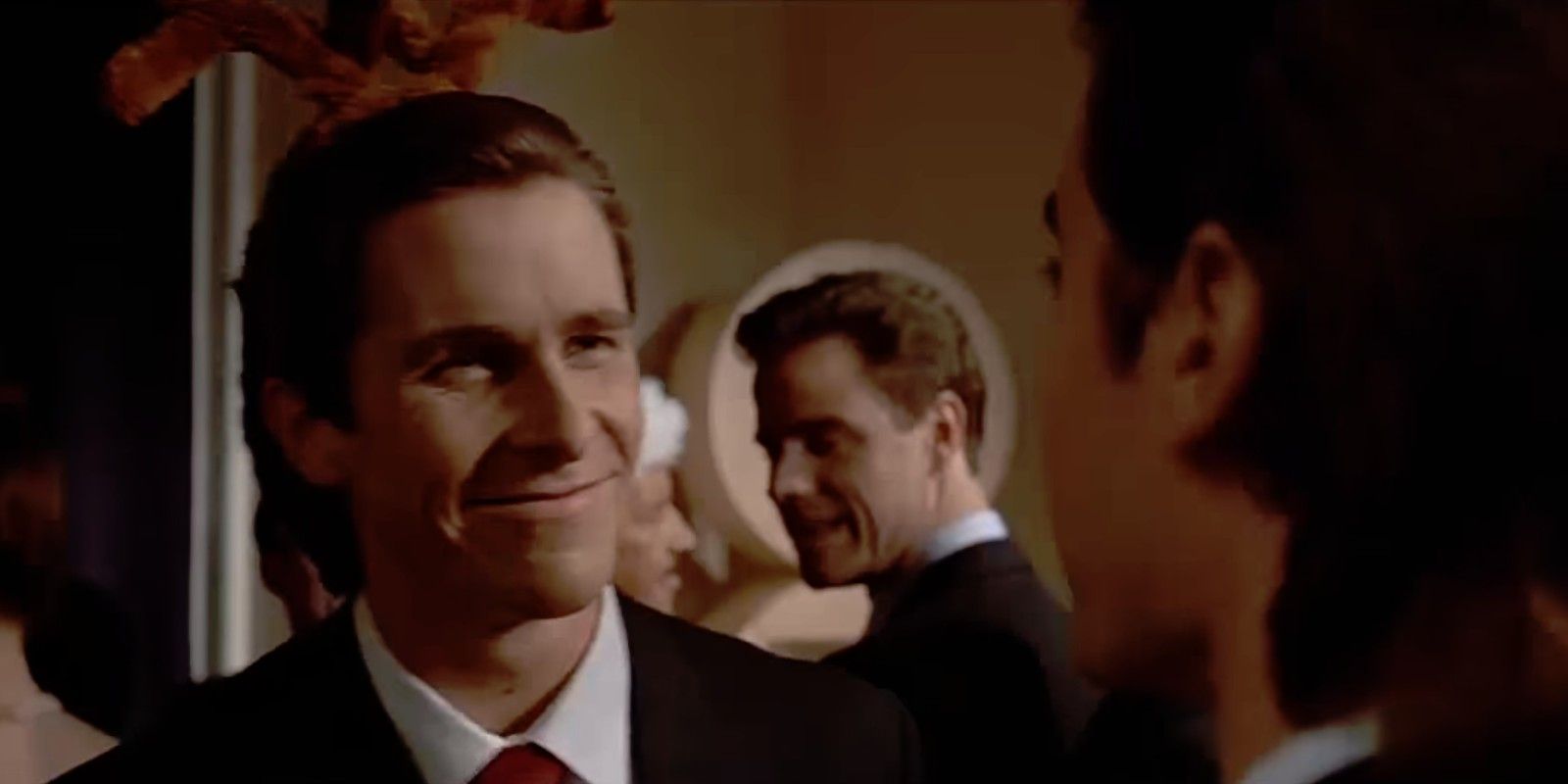
Patrick approaches Paul at the party in a faux gesture of friendship, secretly planning to murder his obnoxious co-worker. Paul ignorantly refers to him as Marcus and isn’t corrected. However, in a blink-and-you’ll-miss-it moment, the real Marcus can be seen behind Bale’s Patrick Bateman, talking to a man in a Santa hat. He turns his head at the mention of his name, before quickly resuming his conversation. Paul’s mistake illustrates the interchangeability of the various colleagues, all designed to perfectly blend in. The yuppies boast about their achievements but don’t really want to stand out and risk alienation, therefore all homogenize in terms of appearance. This isn’t the only time in American Psycho where Paul makes clear he doesn’t really know who Patrick is, such as his brief conversation with “Marcus” during the infamous business card scene. The oblivious investment bankers brandish their almost identical cards, but the minute differences provoke Patrick’s extreme jealousy while emphasizing his entrapment in a cycle of soulless conformity.
The fact that Marcus doesn’t even bother to find out which party member is calling his name also demonstrates how nobody in the psychological horror American Psycho pays any attention to one another. The Wall Street yuppies are so self-absorbed that they have no idea what is going on beneath the surface of people supposedly in their inner circle. This significantly aids Patrick in his murder spree. There are several moments where he confesses his horrific desires, all of which go unnoticed by his utterly disinterested friends. This same confusion also enables Patrick to invite Paul out to dinner under the guise of Marcus, and concoct an alibi to conceal his actions. If Marcus had simply intervened and resolved the confusion, this may have forced Patrick to either alter or possibly abandon his plans to murder Paul altogether. In fact, Marcus is never shown recounting his actual whereabouts during the investigation into the night of Paul’s disappearance.
The blend of smugness and contempt on Christian Bale’s face and complete indifference from Joker actor Jared Leto absolutely sells the moment, leaving no question as to how these people could know so little about each other. Marcus’ discreet presence in this scene is merely one of the numerous subtle moments that are difficult to catch in just one viewing. American Psycho may not have been fully appreciated in 2000, but Mary Harron’s jet-black satire remains a film bursting with small details that offer a different perspective on the story.
